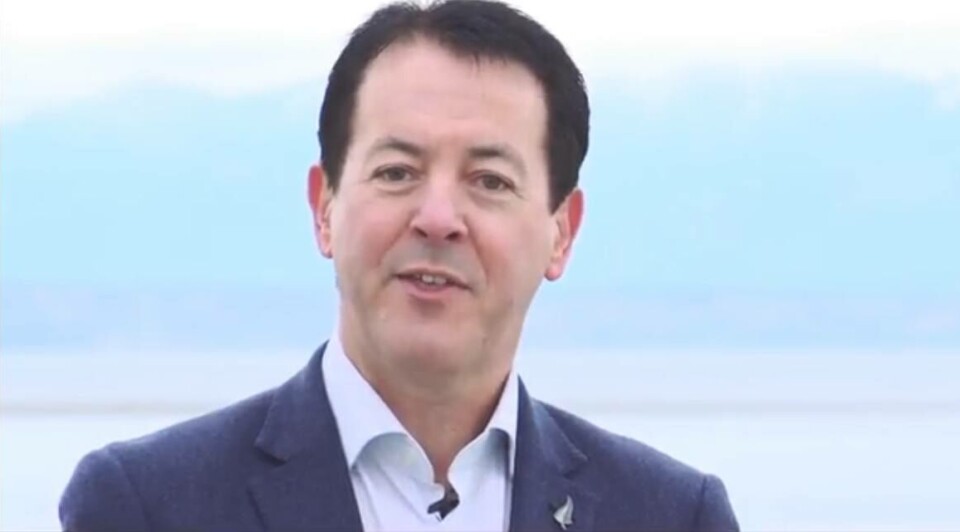
NZ King Salmon seeks offshore test sites
New Zealand King Salmon has applied for permission to test two 3,600-hectare ocean sites off Otago to ascertain whether they are suitable for offshore salmon farming.
One of these sites is 16km southeast of Coal Point, in South Otago, and the other is 12km southeast of Shag Point, in East Otago, the New Zealand Herald reports.
King Salmon seeks a 10-year window to use up to six monitoring buoys in each location which would be a maximum of 2m above sea level and 2m in width and length. The monitoring will inform decisions by the company in establishing marine farms at those locations.
The company, which farms in Marlborough Sound and produces around 8,400 gutted weight tonnes of king (Chinook) salmon annually, has lodged similar applications for smaller areas with the Marlborough District Council, Environment Canterbury and Environment Southland.
‘National significance’
Both Marlborough and Southland councils opted to defer the decisions to conservation minister Eugenie Sage as they considered they were of “national significance”.
However, Otago Regional Council’s policy planning and resource management director Tanya Winter recommended it process the consents as normal.
King Salmon chief executive Grant Rosewarne told the Herald he agreed with the Otago council's approach and was “disappointed” other councils called in the minister.
Reasonable pace
“We definitely want to go at a reasonable pace on this and we do not want to waste unnecessary resources.
“It’s our view that open-ocean aquaculture could become New Zealand’s most valuable industry bar none.”
Rosewarne said that by the time one of the farms reached 10,000 tonnes it could make NZ$230 million in revenue.
If Otago became its main centre of operation, the company would look to move its facilities there, he said.
Some concerns
Forest & Bird environmental lawyer Sally Gepp said King Salmon appeared to be “trying to lock in exclusive occupation of public marine space” before having an actual marine farming proposal ready.
“We have some concerns at this new and novel approach, and will continue to watch further developments with interest.”
Otago Regional Council was due to decide this week whether to follow Winter’s advice or call in the minister.




















































